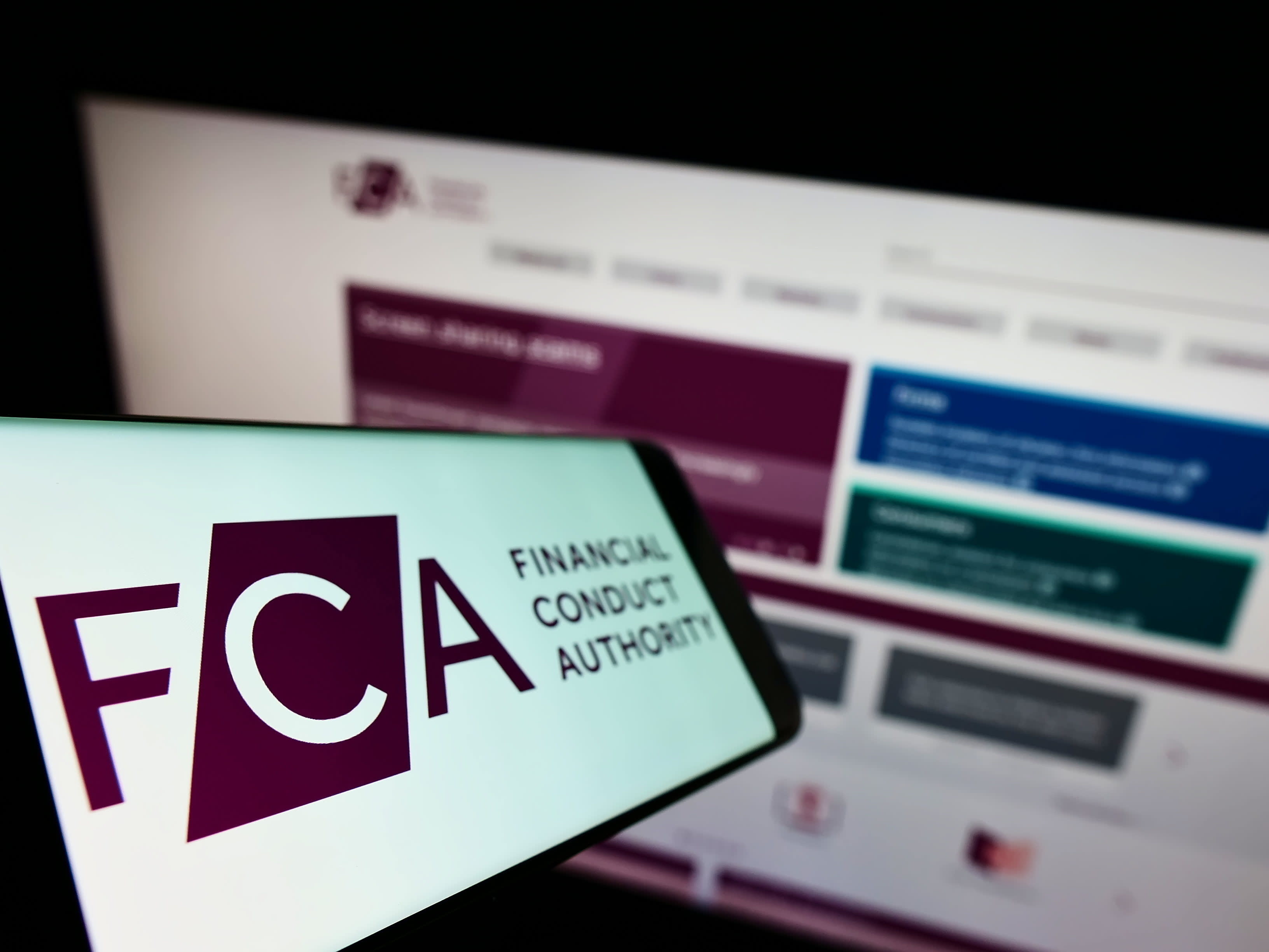When discounts narrowed again and the market recovered, their portfolios had remained intact, generating a healthy yield.
The closed-ended structure’s ability to withstand market turbulence in this way is invaluable when dealing with illiquid assets.
Beyond alternatives
Investment companies’ illiquid investments are not limited to ‘alternative’ sectors.
An increasing number of companies in mainstream equity sectors now have unquoted exposure (see table), with some growth-oriented managers, such as James Anderson and Tom Slater at Scottish Mortgage, finding exciting opportunities among companies that have yet to IPO.
This is not surprising, given that many companies with high growth potential have low requirements for capital and no need to subject themselves to the costs and obligations of the public markets.
Another reason to look beyond quoted equities is that public markets are shrinking.
In key markets such as the US and UK, the number of public companies is in decline, while the remaining companies are older, larger and slower-growing, according to research from private equity investors Pantheon.
In the US, the number of IPOs peaked in 1996 and has been in broad decline since then. It is hard to escape the conclusion that investors who stick to public markets over the next 20 years may have to settle for a narrowing set of opportunities.
In recent years, several investment companies have sought and won shareholder approval to invest more in unquoted companies.
Scottish Mortgage can invest up to 25 per cent, while Baillie Gifford stablemate Edinburgh Worldwide recently uppedits limit from 5 per cent to 15 per cent.
Fidelity China Special Situations and Fidelity Japanese Values have gone from 5 per cent to 10 per cent.
There is nothing new about closed-ended funds investing in private companies. Back in the days when shoulder pads were all the rage and mobile phones looked like bricks, the closed-ended private equity sector was already well established.
It has seen three whole boom-bust cycles and now consists of 18 companies managing £19bn of assets, from diversified mandates such as Pantheon International and Harbourvest, to specialists such as HgCapital and Oakley Capital.
Premium returns
Then, of course, there are venture capital trusts: investment companies that attract certain tax breaks when investors subscribe for new shares.
They invest in young UK businesses, providing them with the capital they need to grow.
The Association of Investment Companies’ latest study suggests that VCT-backed companies make a sizeable contribution to the UK economy, having created 27,000 jobs and paying hundreds of millions of pounds in tax each year.
It would be a shame if the woes of Woodford Equity Income reinforced a perception that illiquid equals bad.
Academic research has shown that less liquid companies produce premium returns: according to a 2013 study from Yale School of Management, annual returns from the least liquid quartile of US-listed companies have been double those of the most liquid quartile over a 30-year period (14.5 per cent versus 7.2 per cent).





